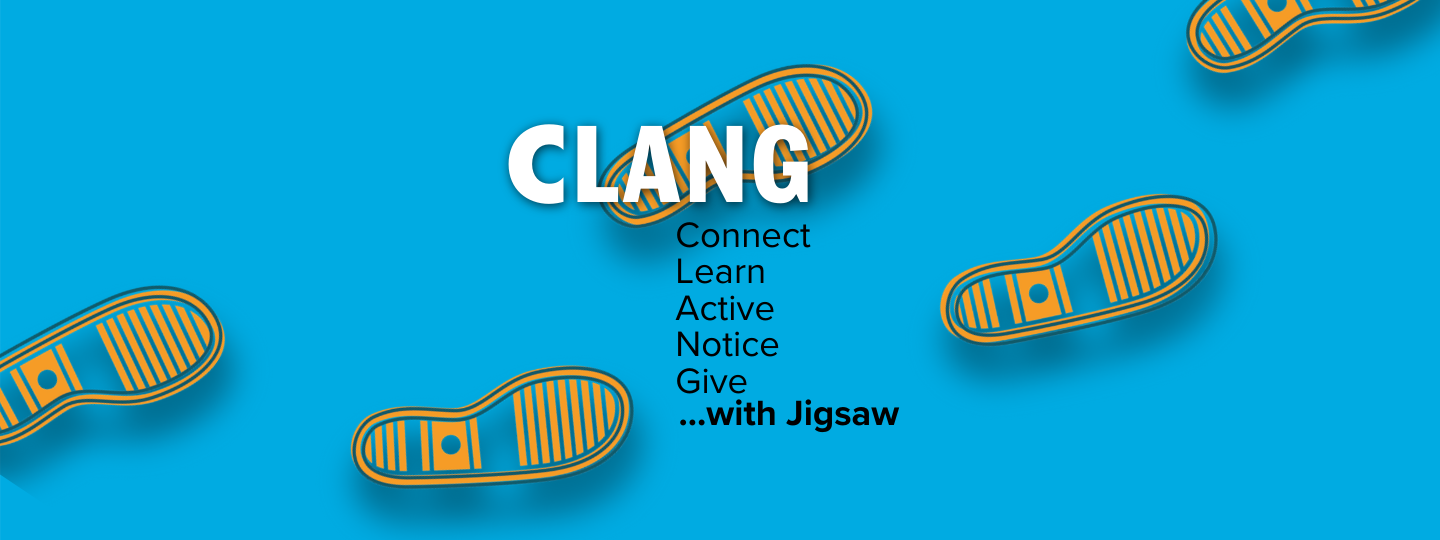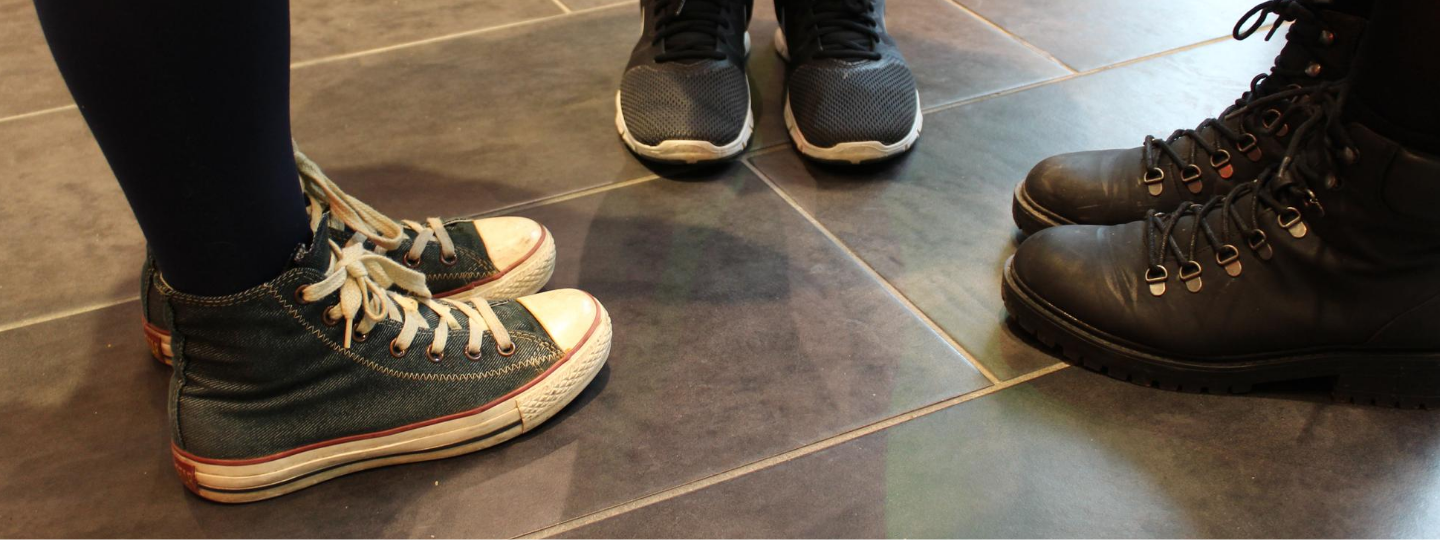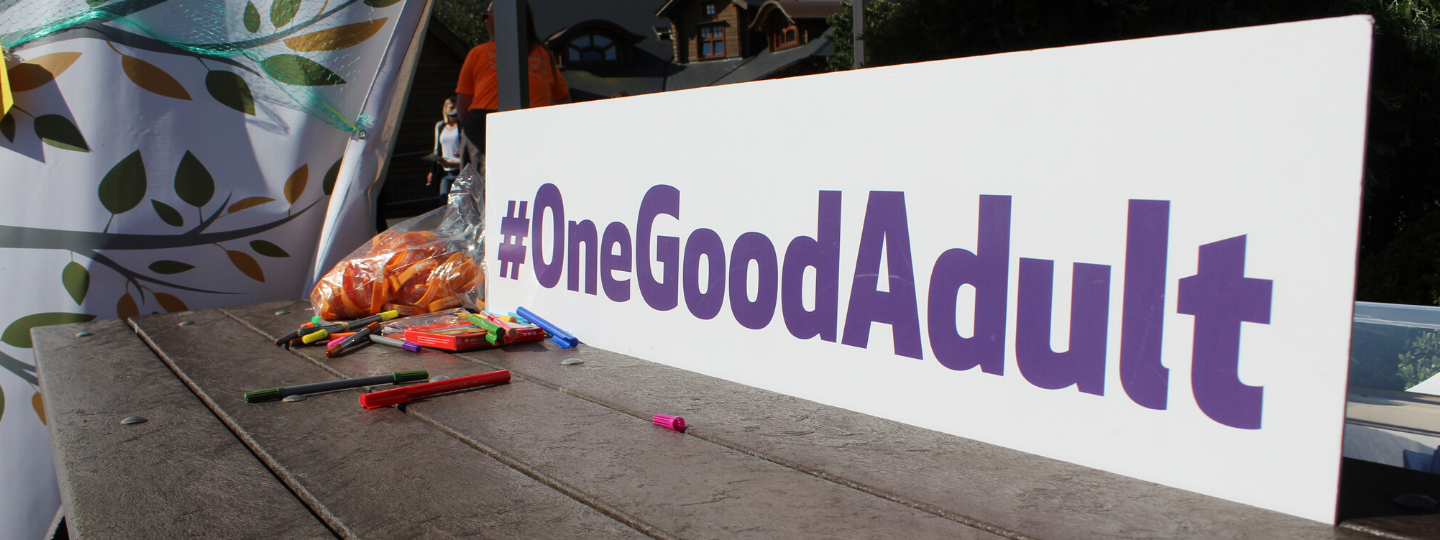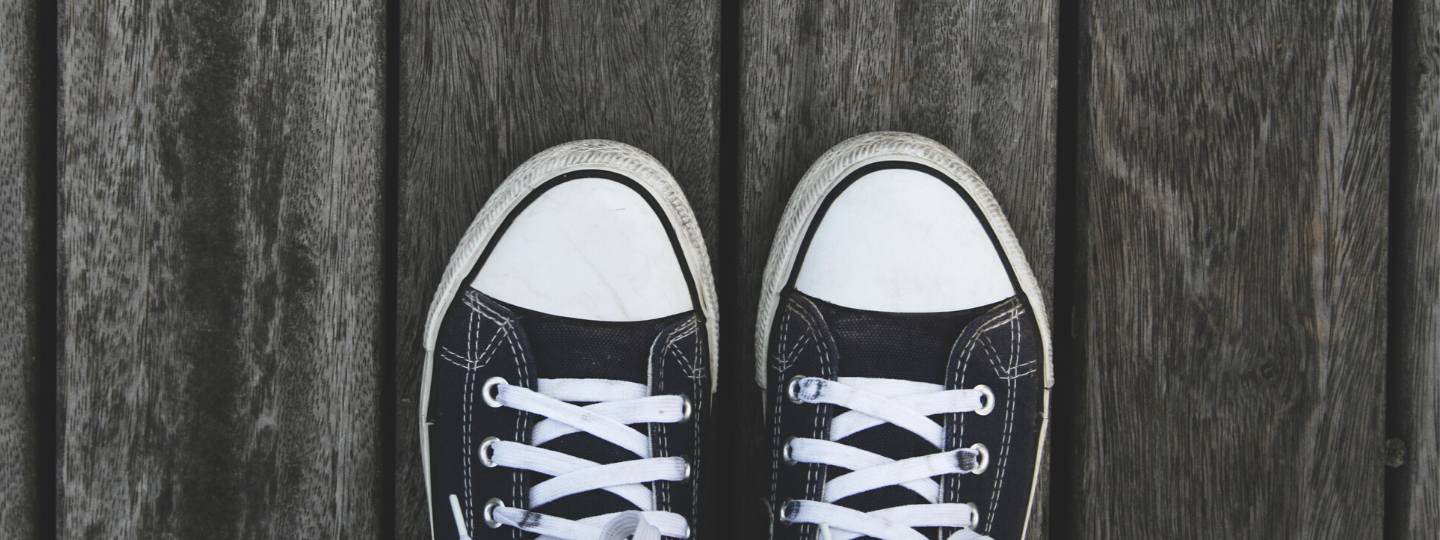Damien Coyle, Service Manager for Jigsaw Donegal, is taking on the C.L.A.N.G. challenge to raise funds and awareness for youth mental health.
Over the 6-10 July, Damien is doing C.L.A.N.G. with Jigsaw. He will Connect, Learn, get Active, take Notice and Give, the 5 a day for his mental health, while running 252 KM. That’s 6 marathons in 5 days!
Starting off in Jigsaw Galway, Damien will run past Jigsaw Offaly, Jigsaw Dublin city, to finish in Jigsaw Bray. But, Damien wants to visit all 14 Jigsaw services, and that’s a 1,200 KM round trip. So just like our mental health sometimes, he can’t go it alone.
We need your help…









